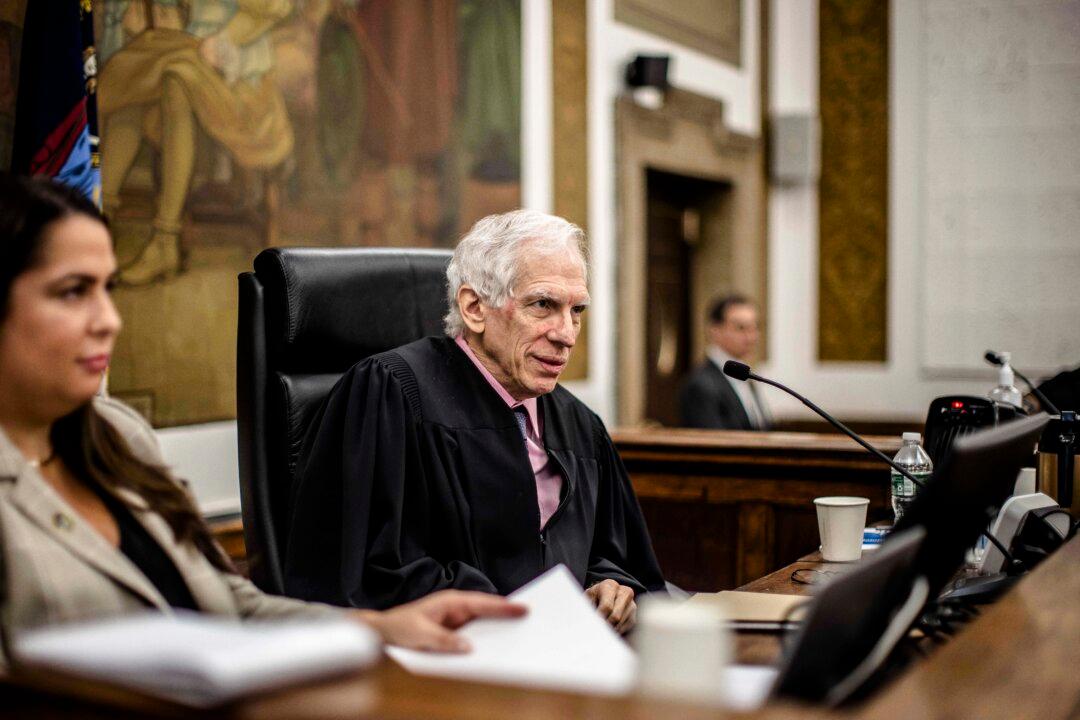The New York attorney general’s office, which sued former President Donald Trump in 2022 for fraud in overvaluing his net worth and won its civil case earlier this year, is arguing that the judge who ruled against the former president should not recuse himself from the case.
“The purported factual basis for their extraordinary request is pure sophistry,” state attorneys argued in a new filing on June 26, faulting the defense for requesting to replace the judge who presided over the case and 40-day trial with another judge who would be new to the evidentiary record.





